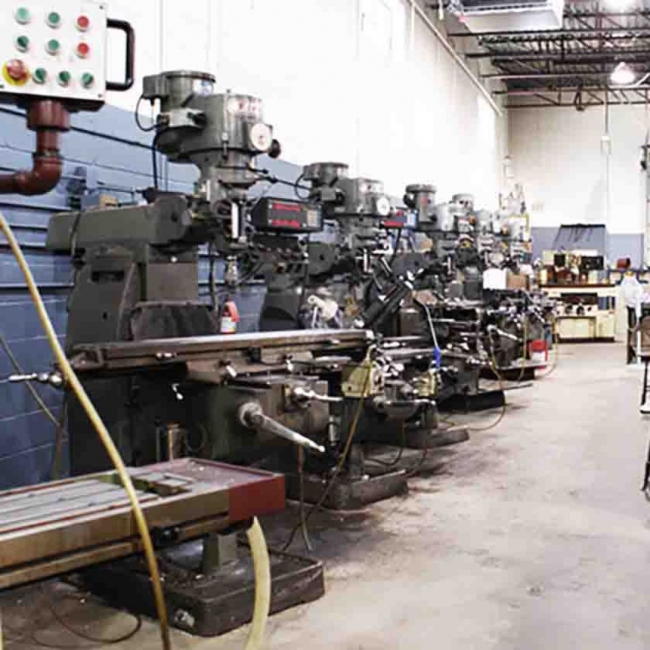
Precision machining is a key part of metal fabrication and manufacturing. Many processes fall under the precision machining category, one of them being boring. In many shop floors, numerous tools are used to undertake precision boring effectively. 5 such tools are addressed in this blog.
Boring bars are typically cylindrical bars made of high-speed steel or carbide. One end of the cylindrical bar comprises the cutting tool, which enters a pre-existing hole and removes the material to craft the hole of exact depth and diameter. Due to its intensive application, some boring bars are also made of cubic boron nitride or polycrystalline diamond.
Boring heads are responsible for changing the depth and diameter of a hole being machined so it fits the exact specifications of a client.
If the holes to be machined are large, rough boring tools are employed. These machining tools have broader cutting edges and are more resilient to wear and tear. Therefore, they can effectively remove large swathes of material to create a rudimentary hole. They are often followed up with finishing boring tools to ensure the exact dimensions and smoothness are achieved.
If the hole is tiny, such as a few micrometers or millimeters, then it can be machined using micro-boring tools. These are specific tools designed to carry out the smallest of material removal to create a hole that matches exactly the design blueprints.
As the name suggests, they are made up of two, twin boring tools that can concurrently bore into any surface. This makes the machining process twice as fast.
RWD Tool & Machine Ltd. is where you find the best precision CNC machining and metal fabrication services in Vaughan, Ontario, including cutting, milling, boring, and more. Contact us today at 905-738-1050 for assistance.